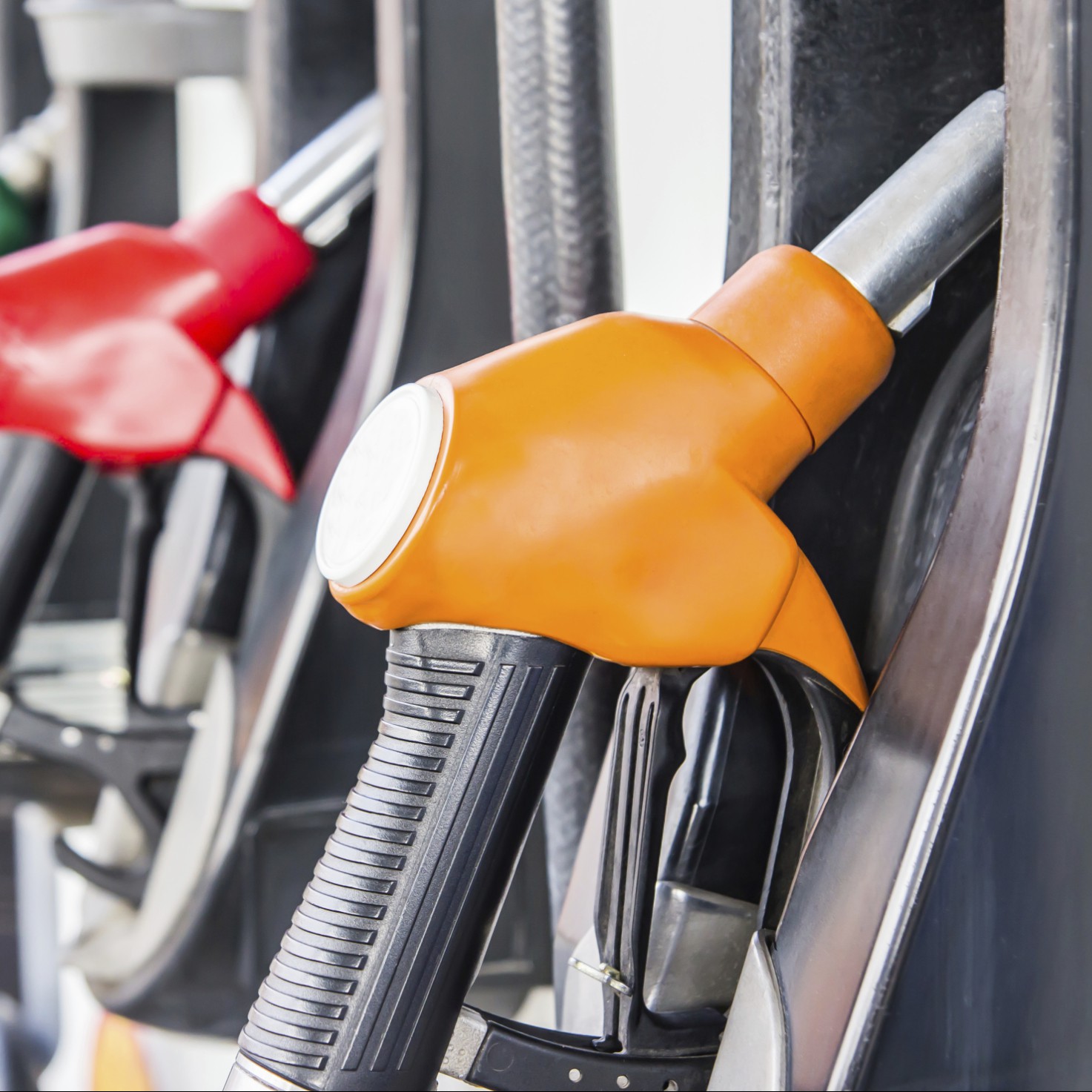
The national average price for a gallon of regular gasoline rose 6.1 cents in the past week to $2.287. The most common price is $2.099, and the average difference between the highest and lowest prices is $1.013. One year ago a gallon of regular gas averaged $2.75 in the United States.
According to GasBuddy, no state still sports an average price below $2 a gallon. The five states with the lowest average prices are Mississippi ($2.043), South Carolina ($2.053), Louisiana ($2.059), Arkansas ($2.060) and Oklahoma ($2.061). Note that California ($2.802), Hawaii ($2.685), Washington ($2.582) and Alaska ($2.540) are the only states with posted average prices above $2.50 a gallon.
The five states seeing the largest week-over-week increases were Ohio (up 13.3 cents), Michigan (13.1 cents), Indiana (11.4 cents), Minnesota (11.2 cents) and Nebraska (up 9.0 cents).
GasBuddy noted:
While gasoline prices have increased over 60 cents from their low in February, there may be a peak hit in the next few weeks as refiners finish remaining maintenance and crank up production. GasBuddy expects the national average be $2.29/gallon on Memorial Day and peak in the $2.30s in early June before declining and spending much of the summer in the low $2 per gallon range.
The five metro areas where gas is cheapest are Tucson, Ariz. ($1.98 a gallon); Lubbock, Texas ($1.985); Corpus Christi, Texas ($1.993); San Antonio, Texas ($1.996); and Spartanburg, S.C. ($2.00). The country’s most expensive gas is selling for $2.968 a gallon in San Francisco. Of the 20 cities where gas prices are highest, 17 are in California.
Among U.S. gas stations, a full 90% are selling gas for $2.00 or more while 51% are selling gas for $2.25 to $2.49 a gallon and 100% are selling gas for more than $1.75 a gallon.
Want to Retire Early? Start Here (Sponsor)
Want retirement to come a few years earlier than you’d planned? Or are you ready to retire now, but want an extra set of eyes on your finances?
Now you can speak with up to 3 financial experts in your area for FREE. By simply clicking here you can begin to match with financial professionals who can help you build your plan to retire early. And the best part? The first conversation with them is free.
Click here to match with up to 3 financial pros who would be excited to help you make financial decisions.
Thank you for reading! Have some feedback for us?
Contact the 24/7 Wall St. editorial team.



